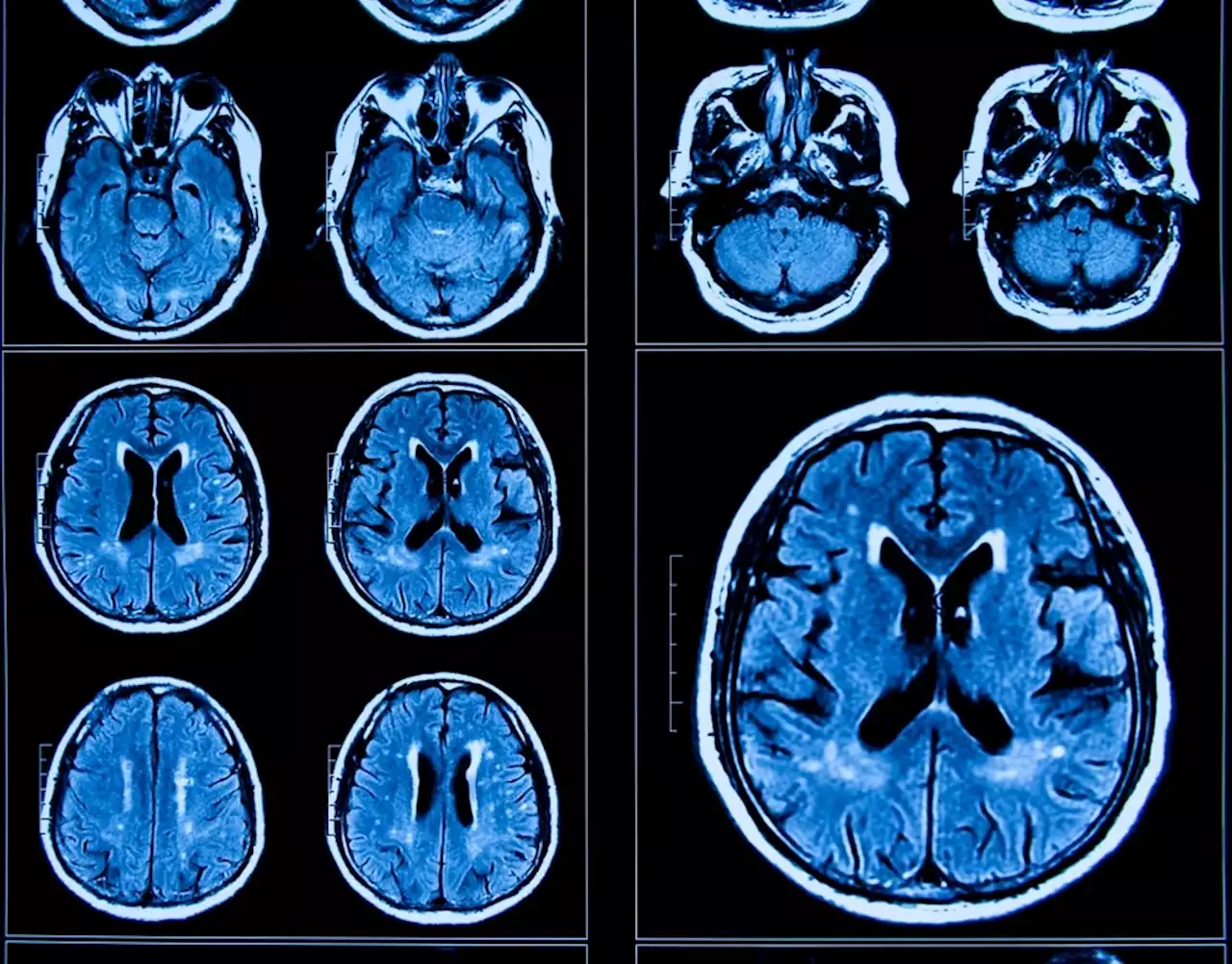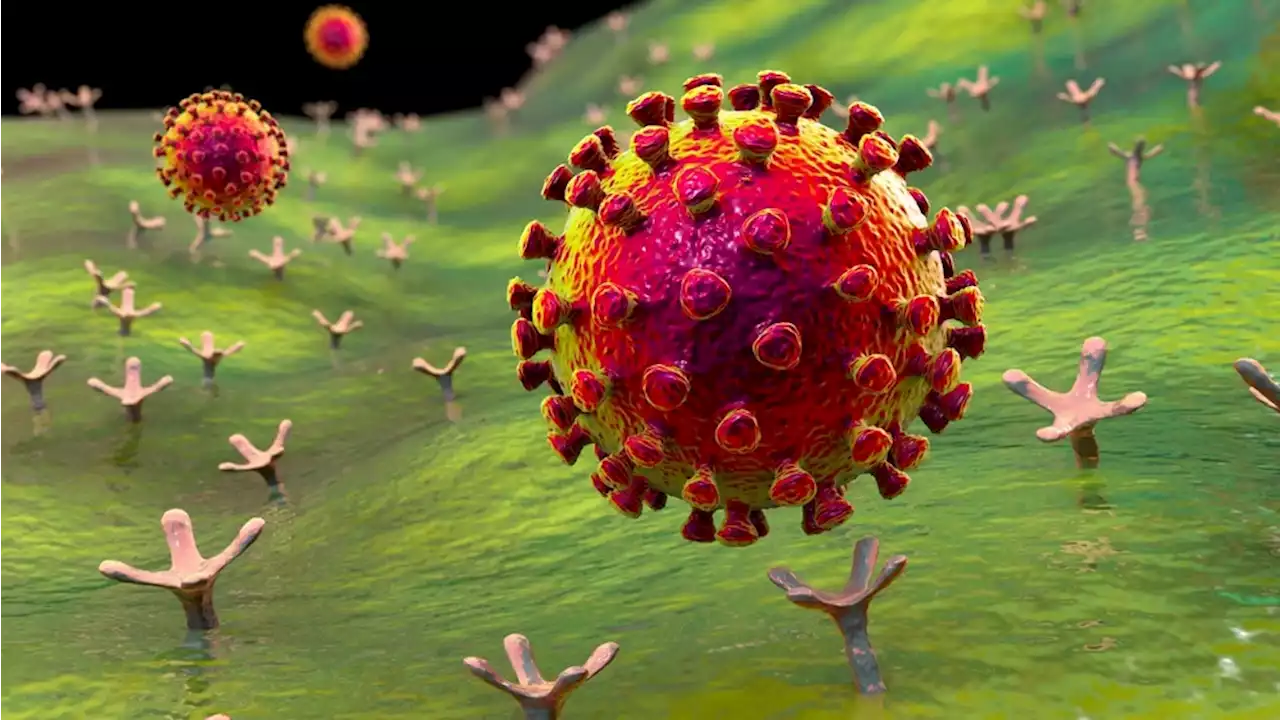Mpox virus from Clade 2b is the least virulent strain according to new study biorxivpreprint NIH mpox Clade2b VirulentStrain Strain
By Dr. Chinta SidharthanDec 5 2022Reviewed by Aimee Molineux In a recent study posted to the bioRxiv* preprint server, researchers used the CAST/EiJ mouse model to test whether genetic differences between clades 1, 2a, and 2b of the mpox virus contribute to changes in transmission and virulence of the disease.
About the study In the present study, the researchers identified a suitable small animal model that can be used to study the differences in virulence and transmission of mpox by screening 38 inbred mouse strains for vulnerability to the mpox virus. Identifying the appropriate animal model system presented a challenge since the animal must be inbred, susceptible to mpox, and can be bred in captivity.
Results Genetics & Genomics eBook Compilation of the top interviews, articles, and news in the last year. Download a free copy The results reported that in CAST/EiJ mice, the virulence of the mpox virus from clade 1 was 1000 times more than that of the clade 2a mpox virus. Infections with 103 plaque-forming units of clade 1 mpox virus resulted in 20% weight loss in all the mice and one death.
Belgique Dernières Nouvelles, Belgique Actualités
Similar News:Vous pouvez également lire des articles d'actualité similaires à celui-ci que nous avons collectés auprès d'autres sources d'information.
 COVID-19 pandemic caused rapid brain aging in adolescentsCOVID-19 pandemic caused rapid brain aging in adolescents Adolescents Aging Brain Coronavirus Disease COVID Pandemic Neurology BiologicalPsyc1 Stanford UCSF
COVID-19 pandemic caused rapid brain aging in adolescentsCOVID-19 pandemic caused rapid brain aging in adolescents Adolescents Aging Brain Coronavirus Disease COVID Pandemic Neurology BiologicalPsyc1 Stanford UCSF
Lire la suite »
 Study estimates the epidemiological impact of a COVID-19 testing-related incident at a surge laboratory in the UKStudy estimates the epidemiological impact of a COVID-19 testing-related incident at a surge laboratory in the UK medrxivpreprint UKHSA COVID19 coronavirus covid covidtest covidtesting
Study estimates the epidemiological impact of a COVID-19 testing-related incident at a surge laboratory in the UKStudy estimates the epidemiological impact of a COVID-19 testing-related incident at a surge laboratory in the UK medrxivpreprint UKHSA COVID19 coronavirus covid covidtest covidtesting
Lire la suite »
 Researchers uncover the host protease CAPN2 as a novel host factor that aids the infection of SARS-CoV-2Researchers uncover the host protease CAPN2 as a novel host factor that aids the infection of SARS-CoV-2 biorxivpreprint WUSTLmed SARSCoV2 COVID19 coronavirus covid infection
Researchers uncover the host protease CAPN2 as a novel host factor that aids the infection of SARS-CoV-2Researchers uncover the host protease CAPN2 as a novel host factor that aids the infection of SARS-CoV-2 biorxivpreprint WUSTLmed SARSCoV2 COVID19 coronavirus covid infection
Lire la suite »
 America’s syringe exchanges might be killing drug usersNow that HIV is no longer a death sentence and opioids are more fatal than ever, the costs of drug addiction are far higher than they were—and the benefits of reduced HIV infections are lower
America’s syringe exchanges might be killing drug usersNow that HIV is no longer a death sentence and opioids are more fatal than ever, the costs of drug addiction are far higher than they were—and the benefits of reduced HIV infections are lower
Lire la suite »
 Nasa's thermal mole reveals active mantle plume on MarsDiscovery shows 'astrobiological potential of subsurface habitable environments,' researchers say
Nasa's thermal mole reveals active mantle plume on MarsDiscovery shows 'astrobiological potential of subsurface habitable environments,' researchers say
Lire la suite »
 Study provides understanding of SARS-CoV-2 pulmonary infection long-term effects at the microanatomical, cellular, and molecular levelStudy provides understanding of SARS-CoV-2 pulmonary infection long-term effects at the microanatomical, cellular, and molecular level medrxivpreprint WeillCornell SARSCoV2 COVID19 coronavirus covid infection pulmonary
Study provides understanding of SARS-CoV-2 pulmonary infection long-term effects at the microanatomical, cellular, and molecular levelStudy provides understanding of SARS-CoV-2 pulmonary infection long-term effects at the microanatomical, cellular, and molecular level medrxivpreprint WeillCornell SARSCoV2 COVID19 coronavirus covid infection pulmonary
Lire la suite »
